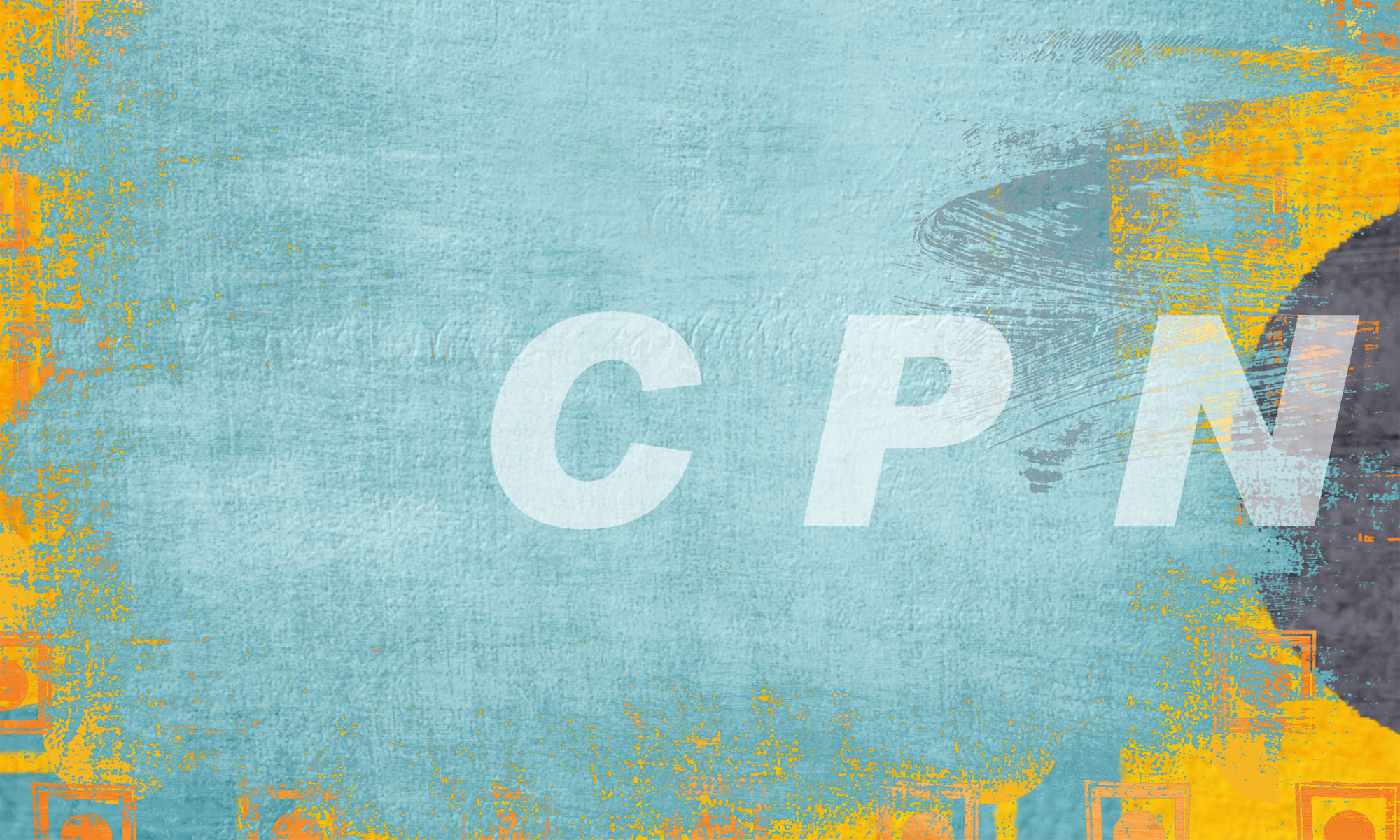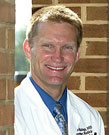 Gregory Orr Gregory Orr |
Gregory Orr’s life could have been spent mired in tragedy. He shot and killed his brother during a hunting accident when he was 12. His mother died two years later when his family was on a missionary assignment in Haiti. To escape a sense of despair and anguish, Orr became involved in his late teens with the Civil Rights Movement and traveled from upstate New York to Mississippi in 1965 to serve as a volunteer. He was quickly imprisoned for breaking various laws
set up to deter protestors, and was subsequently beaten by police officers.
The University of Virginia poet often recalls these events in his poetry, but it wasn’t until 2002 that Orr wrote about the experiences in prose. That was in a memoir called The Blessing. Sean Tubbs spoke with Orr in his office last month for a conversation about his career, the difference between poetry and prose, and about the time he spent in Mississippi forty years ago this summer.




